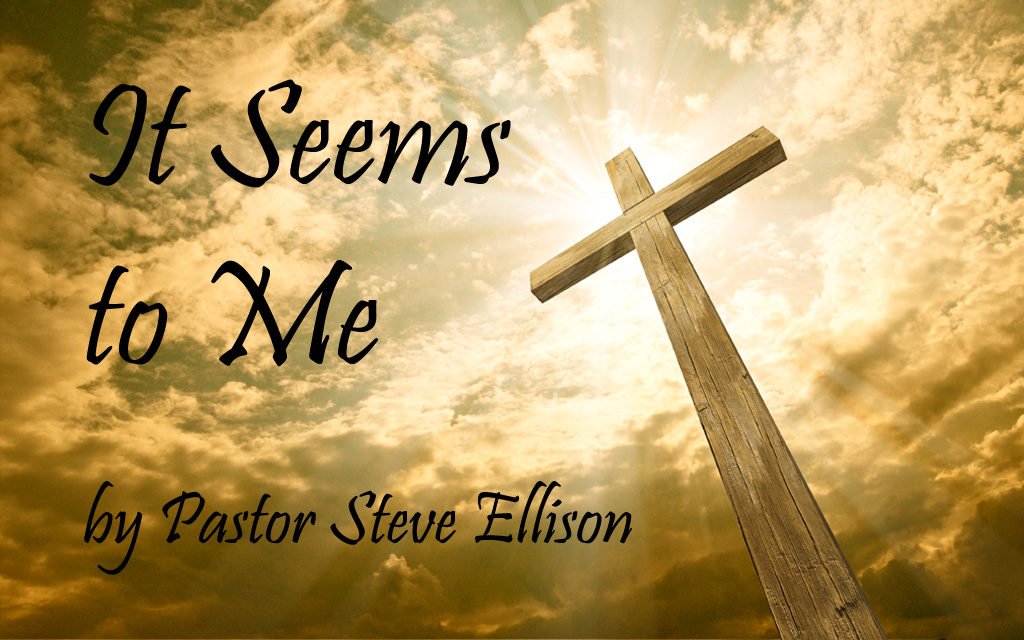by Pastor Steve Ellison
God really is the Master Teacher. Nowhere else can one find such amazing insights into human behavior. I am thoroughly enjoying our trip through the Bible examining our Maker’s questions. What a library the Bible is! What a book Proverbs is! Proverbs 29:20 says, “Do you see a man who is hasty in his words? There is more hope for a fool than for him.” (NASU) It is easy to see the obvious truth in this question and response. Who has not observed others around him speaking without thinking? Who has not done it himself? Who has not felt the painful consequences of such rash speaking? Obviously one who does that is certainly a fool, at least for the moment. James 1:19 gives good advice on the subject, “everyone must be quick to hear, slow to speak and slow to anger; for the anger of man does not achieve the righteousness of God.” (NASU) Speaking in haste results not in righteousness but rather in anger, bitterness, and hurt. I must plead guilty and I am certain that you must also.
While the interpretation above is correct and lines up with clear Biblical teaching, I think there is something else in view here in this passage. Proverbs is a compilation of short, pithy, statements designed to teach morals. In many cases, any given verse seems unrelated to the one coming before or afterward. However, in this case, it seems that Proverbs 29:20 is related to the verses around it. It seems to me that all of chapter 29 is aimed at warning those in positions of authority about common mistakes made in exercising judgment and administering justice. All throughout chapter 29, verses speak to those in authority. At least twelve verses, 1, 4, 7, 12, 14, 15, 17, 18, 19, 21, 24, and 26 give instructions to various authorities. The verses in between those listed, amplify the ideas, explain the problems, and warn of the consequences of poorly exercising authority. Each of them is interesting in its own right but for now we will confine our examination to God’s question in verse 20, while remembering that verse 20 does indeed come in the context of this whole chapter.
The verses immediately surrounding verse 20 tell of the delight and comfort which results from correcting your son. They also point out that the masses of people need help from authority in seeing the overall big picture of life. Otherwise they wind up trying to benefit themselves no matter who gets hurt in the process. These verses also point out the necessity of including a sure promise of punishment along with the commands because the one commanded will likely ignore the command if there are no sure consequences. This passage warns against excessive pampering of servants or slaves because at some point they will decide they are really sons. I take that to mean spoiled sons. Also, warnings are given against hot-tempered anger and self-pride which will surely result in strife and being brought low respectively.
Verse 20 is a clear warning about being hasty in our dealings with those whom we supervise. It is impossible to avoid the pitfalls listed in the verses surrounding verse 20, unless we act and speak slowly and only after giving ample time for study of the problem, prayer, and self examination. Do not miss the self-examination part of the process. Exercising authority over others requires constant self-examination. Proverbs 29 is a wonderful passage of Scripture which should greatly benefit those in authority, giving them much instruction regarding dealing with those they have been charged with overseeing. Almost everyone exercises authority over someone in some way or another. Applying Proverbs 29 to your life will be well worth the effort. You do want more hope than a fool, don’t you?





